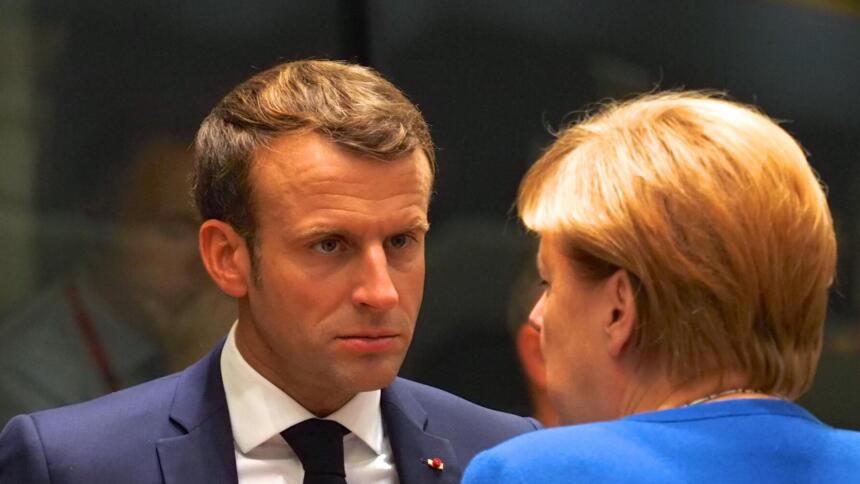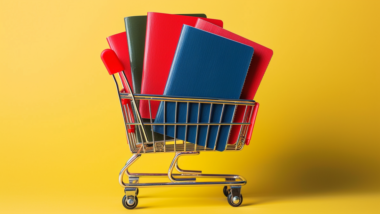Today, Germany has launched its much-debated app for digital contact tracing in a bid to prevent a second wave of the Corona virus. While the app is only available in Germany, the European Union wants to make digital contact tracing work beyond borders.
On the same day the German app was rolled out, the EU Commission has unveiled technical specifications that shall enable different corona apps to exchange data and thus function across countries. In technical jargon this is called interoperability.
Based on the decentralised approach, the European Commission has announced it will set up a server infrastructure to link national apps. This federation gateway, as it is referred to in a 10-page technical document released by the Commission, shall be up and running within three weeks.
A pilot test between Germany, the Netherlands, Poland and Ireland shall start shortly after, Commission spokesperson Johannes Bahrke said in Brussels.
However, one country is notably absent from the European undertaking – France. The Commission says that the data exchange will erstwhile only work for apps using a decentralised approach to store user data.
France sticks to its guns
Decentralised apps store records of whom a user has met on the app, rather than on a centralised server. Only when the user reports a positive test for the Corona virus, pseudonymous data is passed on to a back-end server to inform potentially affected users.
The French app „StopCovid“ relies on centralised data storage, which gives the health authorities insight into whom its users have met. Authorities in France insist this information helps them to fight the pandemic.
Despite criticism from privacy advocates, France has stuck to this approach from the outset. The government of President Emmanuel Macron has refused to change tack even as most European countries adopted a decentralised data-sharing protocol developed by Google and Apple.
According to the Commission, six member states have already launched apps based on the Google/Apple approach. Another eleven countries plan to follow in the near future. Meanwhile, France sticks with its centralised approach.
Soft touch with Paris
Commissioner Thierry Breton, a former French cabinet member, urges countries to adopt measures for digital contact tracing. “As we approach the travel season, it is important to ensure that Europeans can use the app from their own country wherever they are travelling in the EU.“ However, Breton seems to have failed to convince his own country of adopting a unified approach.
The European Data Protection Board has stressed that the decentralised approach for tracing apps is the most in line with the principle of data minimisation, thus the most privacy-friendly. The Commission, while acknowledging this in their guidelines on contact tracing, has stopped short of directly asking France to change its approach.
While the Commission says that it keeps working on a solution to allow the French app to work within the European system, it is unable to give even a rough timeline when that could happen. Privacy advocates have stressed that any data exchange between centralised and decentralised apps would combine disadvantages from both systems.
With interoperability of the French and other apps during the summer holidays looking to be in doubt, Commission officials have taken to stressing the importance of manual contact tracing by health authorities. This diverges from earlier statements such as one by Commission Vice-President Margrethe Vestager, who told the European Parliament in May that “without interoperability, we will not be able to travel”.
France, it appears, will keep Europe from having a common solution for the foreseeable future.





0 Ergänzungen
Dieser Artikel ist älter als ein Jahr, daher sind die Ergänzungen geschlossen.